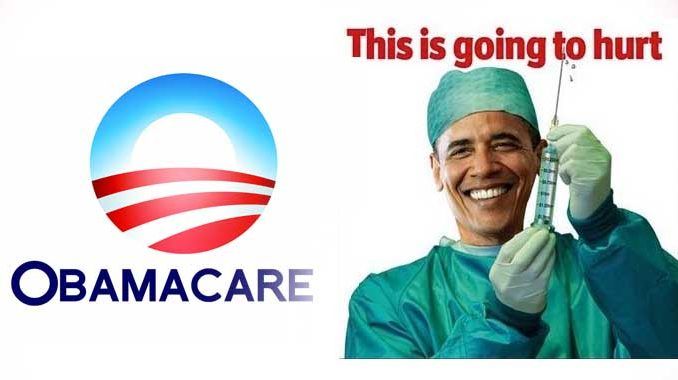
According to The New York Times health insurance consumers across America will face premium increases between 20% – 40% due to Obamacare enrolees being more ill than expected.
Blue Cross and Blue Shielf (BCBS) are seeking rate increases that average 23 percent in Illinois, 25 percent in North Carolina, 31 percent in Oklahoma, 36 percent in Tennessee, and 54 percent in Minnesota
Westernjournalism.com reports:

BYPASS THE CENSORS
Sign up to get unfiltered news delivered straight to your inbox.
You can unsubscribe any time. By subscribing you agree to our Terms of Use
BCBS is the health insurance market leader in several states. Federal officials are reportedly doing what they can to minimize the increases. The ‘Paper of Record’ offers more staggering facts:
The Oregon insurance commissioner, Laura N. Cali, has just approved 2016 rate increases for companies that cover more than 220,000 people. Moda Health Plan, which has the largest enrollment in the state, received a 25 percent increase, and the second-largest plan, LifeWise, received a 33 percent increase.
Jesse Ellis O’Brien, a health advocate at the Oregon State Public Interest Research Group, said: ‘Rate increases will be bigger in 2016 than they have been for years and years and will have a profound effect on consumers here. Some may start wondering if insurance is affordable or if it’s worth the money.’
President Obama, on a trip to Tennessee this week, said that consumers should put pressure on state insurance regulators to scrutinize the proposed rate increases. If commissioners do their job and actively review rates, he said, ‘my expectation is that they’ll come in significantly lower than what’s being requested.’
Last fall, PricewaterhouseCoopers’ Health Research Institute (HRI) shared data that indicated several states could have premium increases by as much as 35 percent in 2015. Now states are faced with rising premiums again. “There’s not a lot of mystery to it,” Roy Vaughn, a vice president of Tennessee BCBS told the Times. “We lost a significant amount of money in the marketplace, $141 million, because we were not very accurate in predicting the utilization of health care.”

Be the first to comment